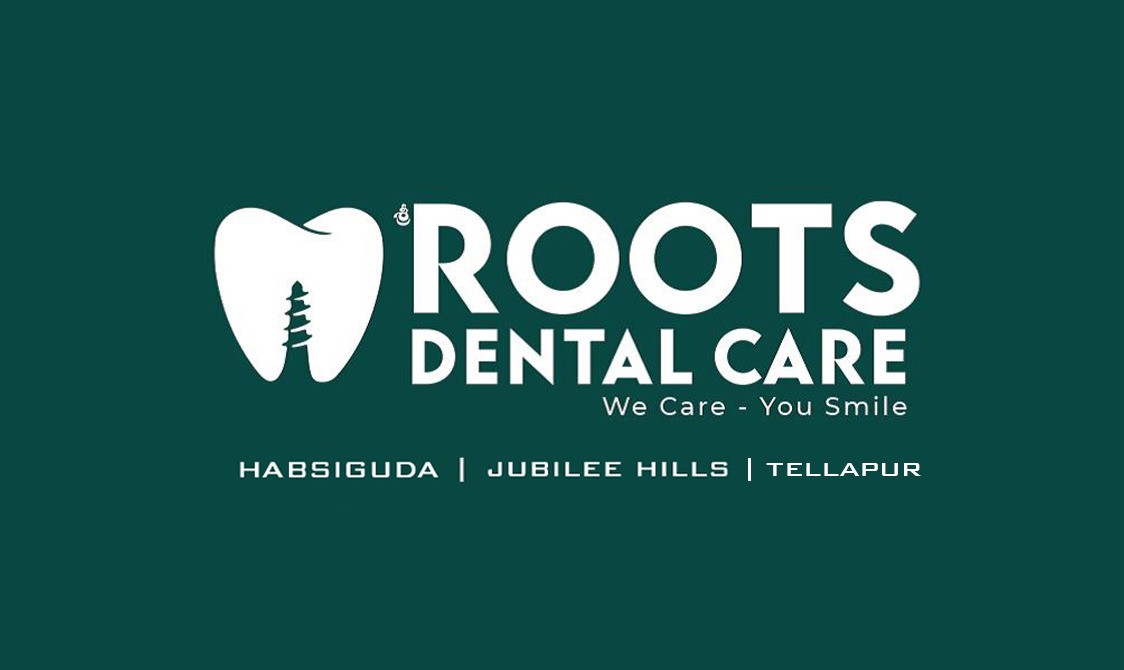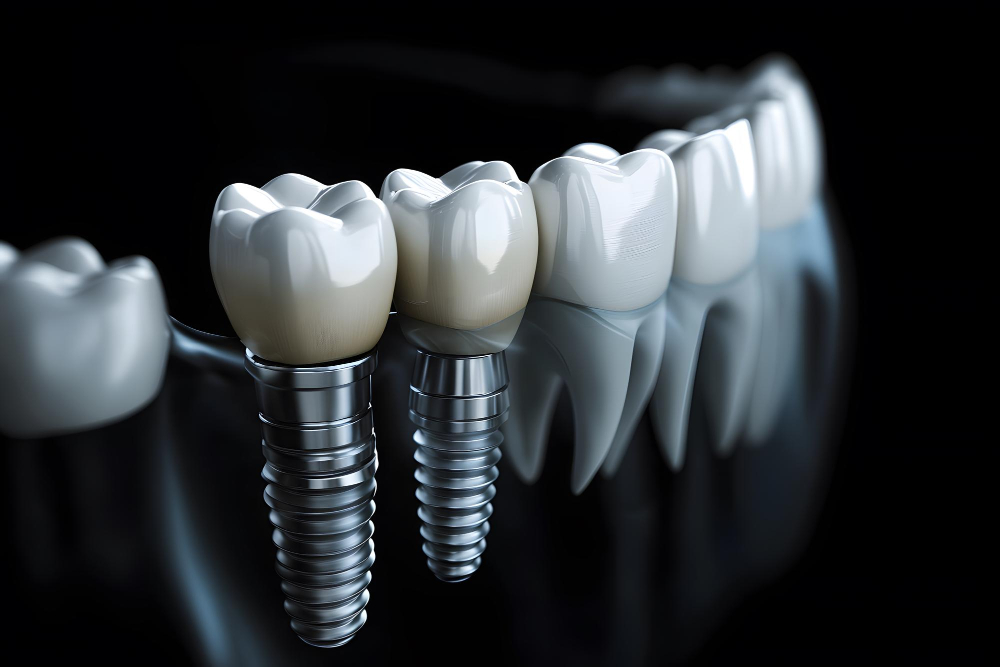A beautiful smile can boost confidence and leave a lasting impression. If you’re looking to correct imperfections such as discoloration, chips, or gaps in your teeth, dental veneers and bonding are two popular cosmetic dentistry options. Both treatments enhance your smile, but they differ in terms of technique, cost, and durability.
At Roots Dental Care in Hasbiguda and Jubilee Hills, we help patients choose the best treatment based on their needs. In this guide, we’ll compare veneers and bonding so you can make an informed decision about your smile transformation.
Understanding Dental Veneers
What Are Veneers?
Dental veneers are thin, custom-made shells crafted from porcelain or composite resin that cover the front surface of teeth. They are designed to improve the color, shape, and size of teeth while providing a natural, flawless look.
The Veneer Procedure
- Consultation – Your dentist evaluates your teeth and discusses your cosmetic goals.
- Preparation – A small amount of enamel is removed to make room for the veneers.
- Impressions – Molds of your teeth are taken to create veneers that match your smile perfectly.
- Bonding – The custom veneers are permanently bonded to your teeth using a strong adhesive.
Longevity of Veneers
Porcelain veneers can last 10-15 years with proper care, while composite veneers typically last 5-7 years.
Exploring Dental Bonding
What Is Dental Bonding?
Dental bonding is a minimally invasive procedure where a tooth-colored resin is applied to teeth to correct chips, gaps, or discoloration. It is a quick and affordable way to enhance your smile.
The Bonding Procedure
- Consultation – The dentist assesses your teeth and discusses your expectations.
- Preparation – The surface of the tooth is roughened, and a conditioning liquid is applied to help the resin adhere.
- Application – A tooth-colored composite resin is sculpted and shaped to match your natural teeth.
- Curing – A special light hardens the material, followed by polishing for a smooth finish.
Longevity of Bonding
Bonding typically lasts 3-10 years, depending on factors such as oral hygiene and daily habits.
Pros and Cons of Veneers
Advantages of Veneers
- Natural Appearance – Veneers replicate the translucency and shine of natural teeth.
- Stain Resistance – Porcelain veneers resist coffee, tea, and tobacco stains better than natural enamel.
- Durability – With good care, they can last a decade or more without significant wear.
Disadvantages of Veneers
- Higher Cost – Porcelain veneers are more expensive than bonding.
- Irreversible – Enamel removal is permanent, so veneers are a lifelong commitment.
- Multiple Visits – The process requires at least two dental visits.
Pros and Cons of Bonding
Advantages of Bonding
- More Affordable – Bonding is less expensive than veneers, making it a budget-friendly solution.
- Quick Treatment – The procedure is usually completed in one visit.
- Reversible – Unlike veneers, bonding does not require enamel removal and can be reversed if needed.
Disadvantages of Bonding
- Less Durable – The resin material is prone to chipping and staining over time.
- Shorter Lifespan – Bonding lasts fewer years compared to veneers and may need touch-ups.
Who Is the Ideal Candidate?
- Veneers are ideal for individuals with severe discoloration, misalignment, or worn teeth looking for a long-term cosmetic solution.
- Bonding is best for those needing minor corrections like small chips or gaps and who want a quick and cost-effective fix.
Cost Comparison
- Veneers: Porcelain veneers cost between ₹25,000 to ₹50,000 per tooth, while composite veneers are more affordable but less durable.
- Bonding: The cost of dental bonding ranges from ₹5,000 to ₹15,000 per tooth, making it a budget-friendly option.
Making the Right Choice
Choosing between veneers and bonding depends on your cosmetic goals, budget, and long-term expectations. If you’re looking for a durable, stain-resistant, and natural-looking smile makeover, veneers are an excellent choice. However, if you prefer a less expensive, quick fix for minor issues, bonding is a great alternative.
At Roots Dental Care in Hasbiguda and Jubilee Hills, our expert dentists will evaluate your smile and recommend the best treatment for you.
Conclusion
Both veneers and bonding offer effective ways to enhance your smile. Understanding their differences, benefits, and limitations will help you make an informed decision. Whether you opt for the long-lasting beauty of veneers or the affordable convenience of bonding, achieving a radiant smile is within reach.
If you’re ready for a smile makeover, book a consultation at Roots Dental Care in Hasbiguda and Jubilee Hills today!


